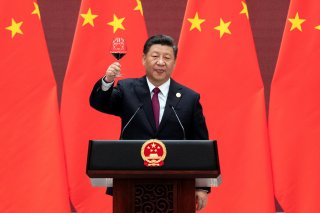Is the World Big Enough for Middle Powers?
Hope for stepping back from the precipice best rests on bringing difficult questions of values and political culture—and their compatibility with the liberal order—back to the table.
Hope for stepping back from the precipice best rests on bringing difficult questions of values and political culture, and their compatibility with the liberal order, back to the table. If middle power democracies are to play a role, it may not be realistic to expect them to coax superpowers to enter into “managed strategic competition,” as advanced by former Australian prime minister Kevin Rudd. Rather, it may best be realized by leveraging the unfolding crises of global liberalism to make China amenable to hearing the conditions that would make liberal democratic nations’ accommodation of Beijing’s global leadership a tolerable proposition. If a half way is to be found as a result of these negotiations, it has to be different than where it is now. This could happen if China can be convinced that the true triumph of politics is not the fantasy of “win-win,” but the necessity that no one gets what they want.
Dr. Corey Lee Bell is a researcher at the Australia-China Relations Institute, University of Technology Sydney (UTS:ACRI). His work has been published in The Diplomat, The Australian and other outlets. His research interests include China’s international relations and geopolitics in the Asia Pacific. He attained his doctoral degree at the University of Melbourne’s Asia Institute.
Rebecca (Yancheng) Zhang is a former intern with the Australian Institute of International Affairs NSW. Her recently submitted honors thesis (University of Sydney) focuses on China’s strategic culture and informationized warfare. Her research interests include war and justice, AI politics, data governance, and cross-strait relations.
Image: Reuters

